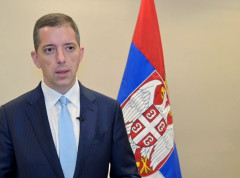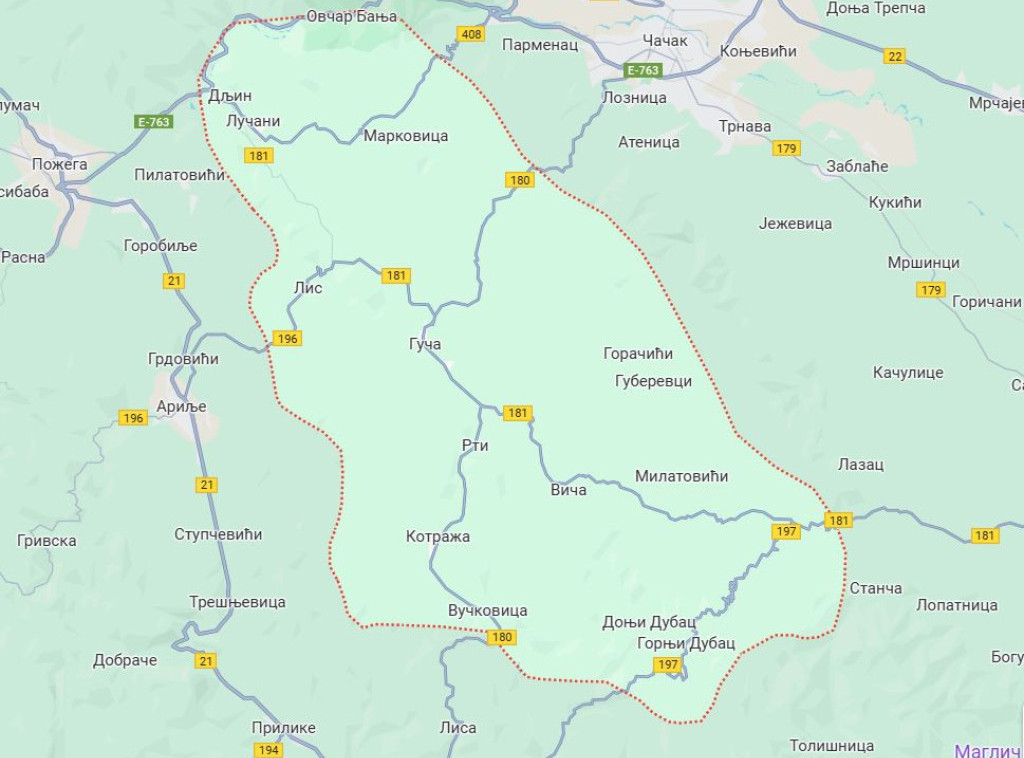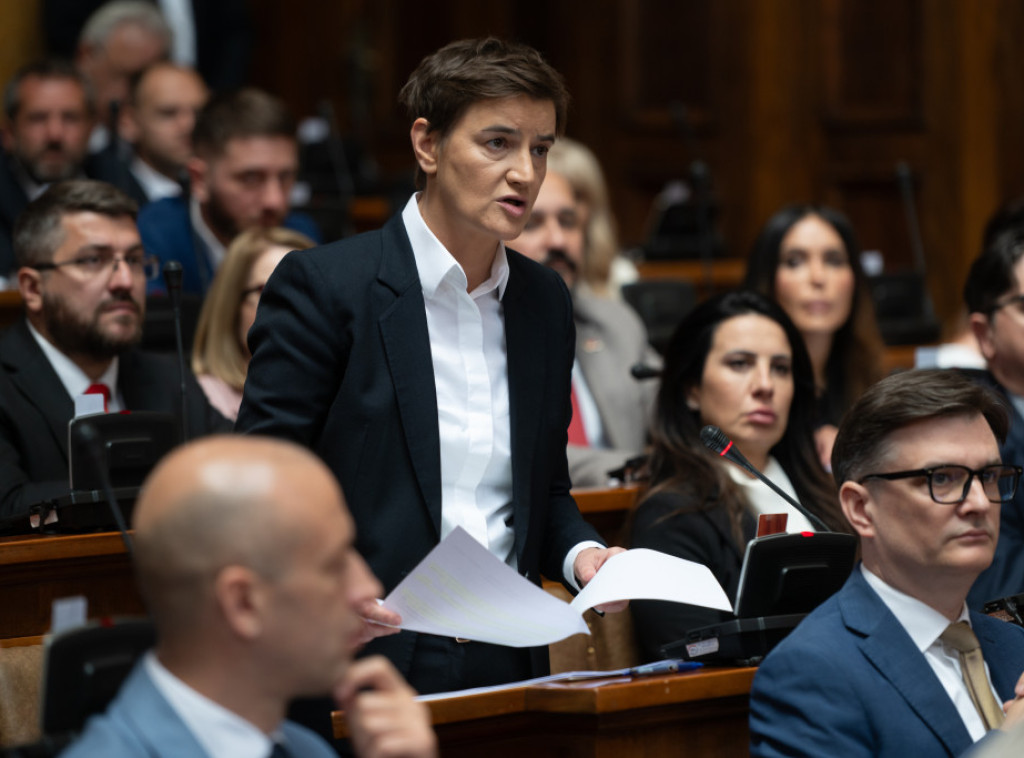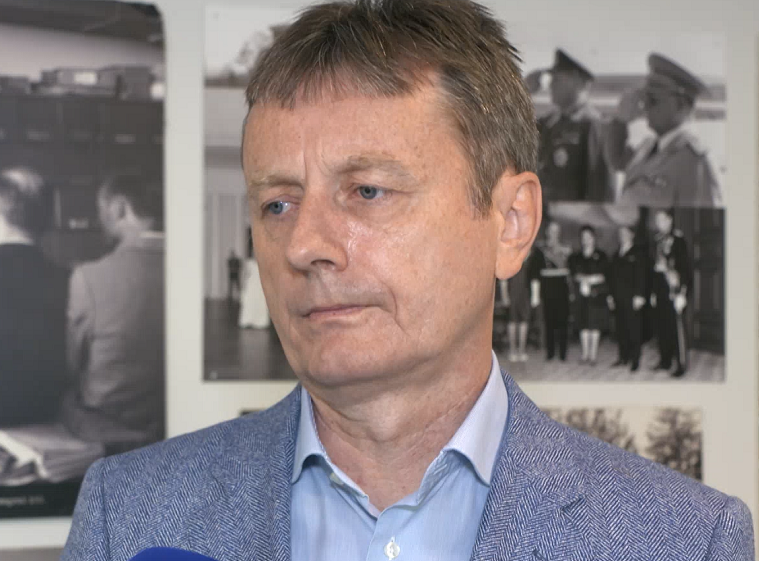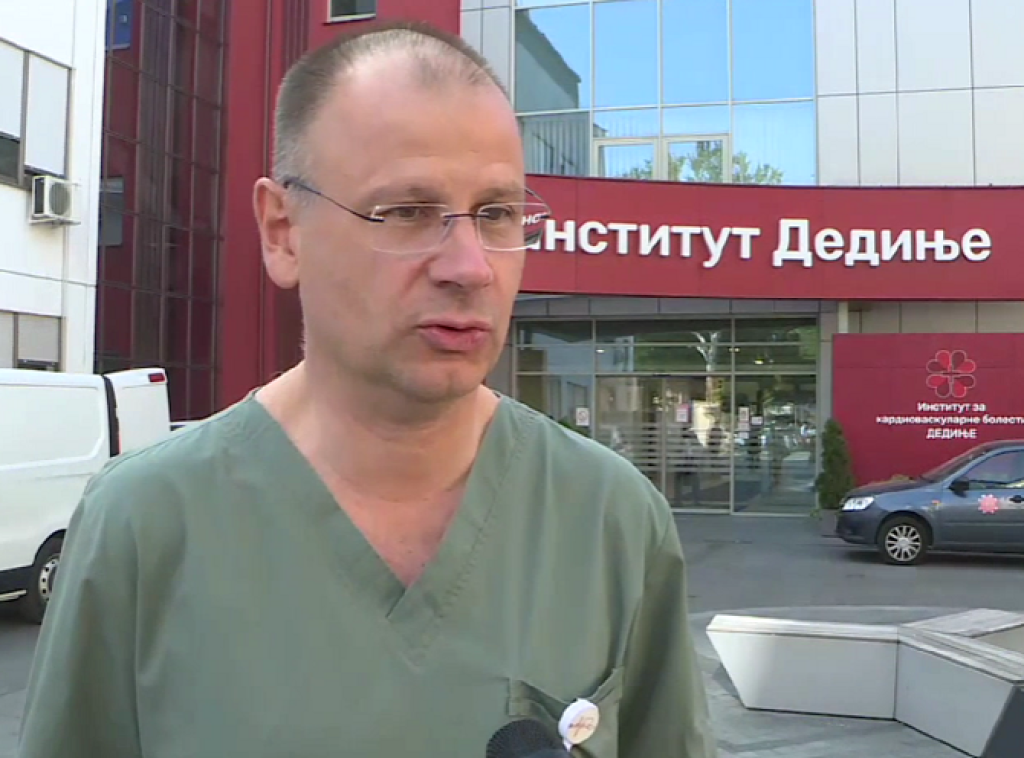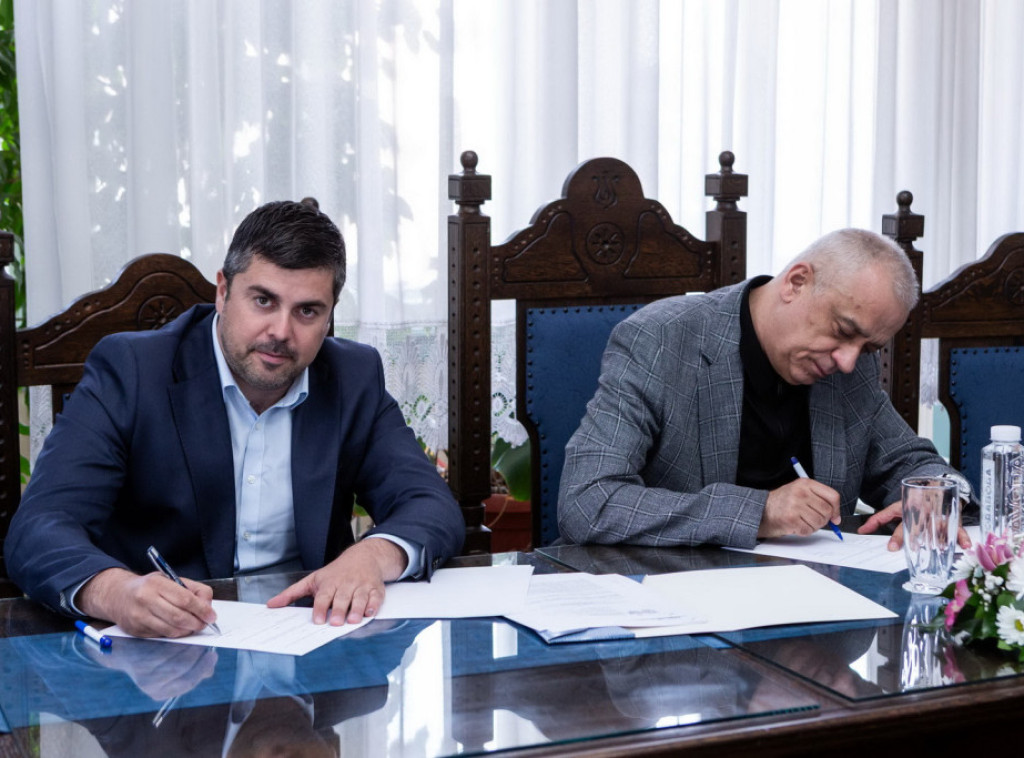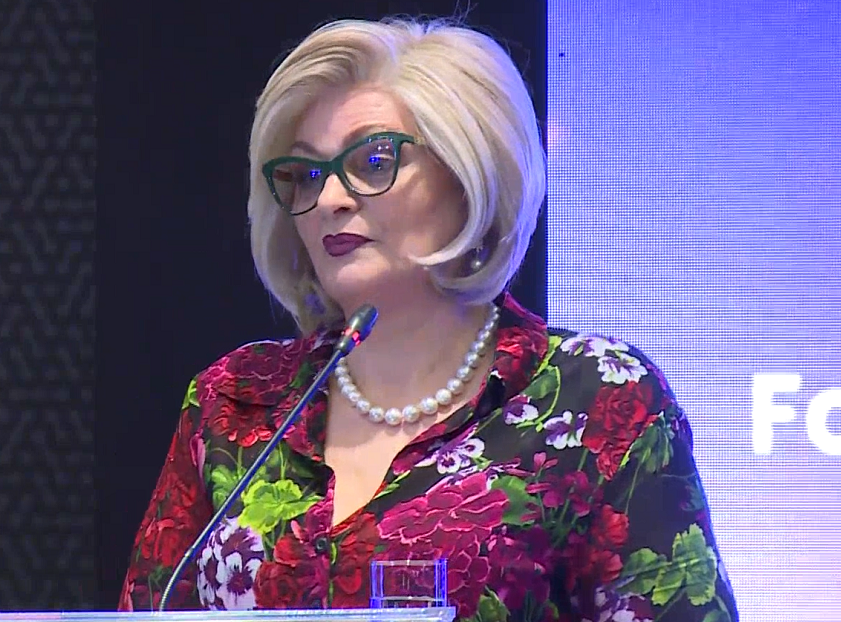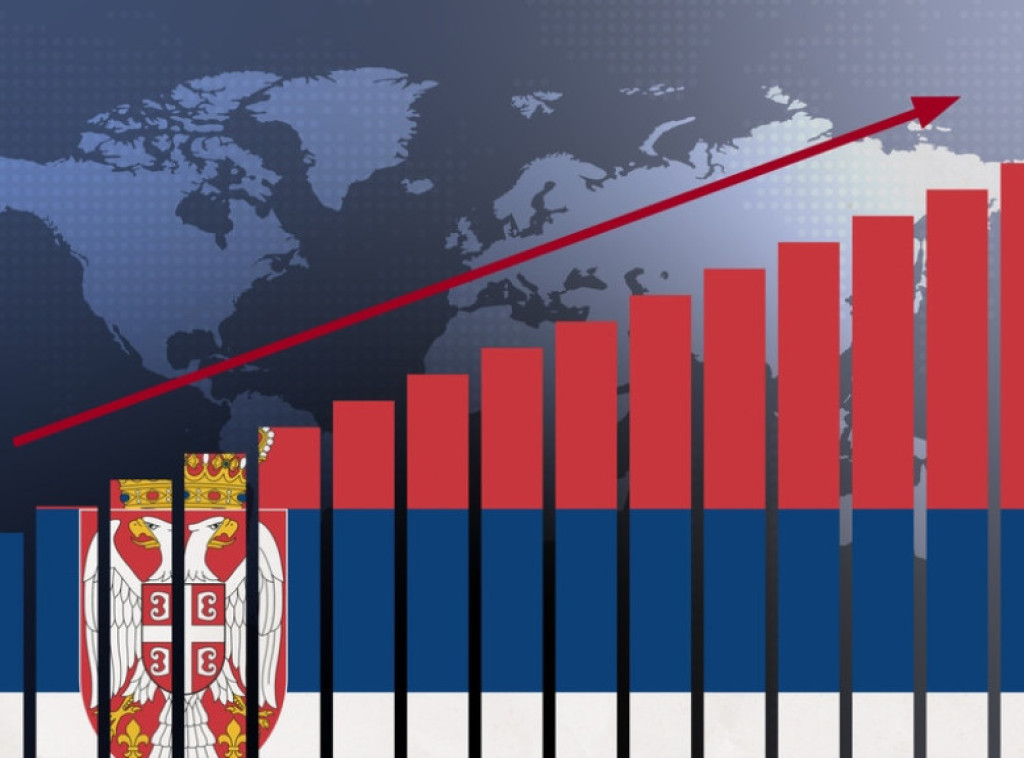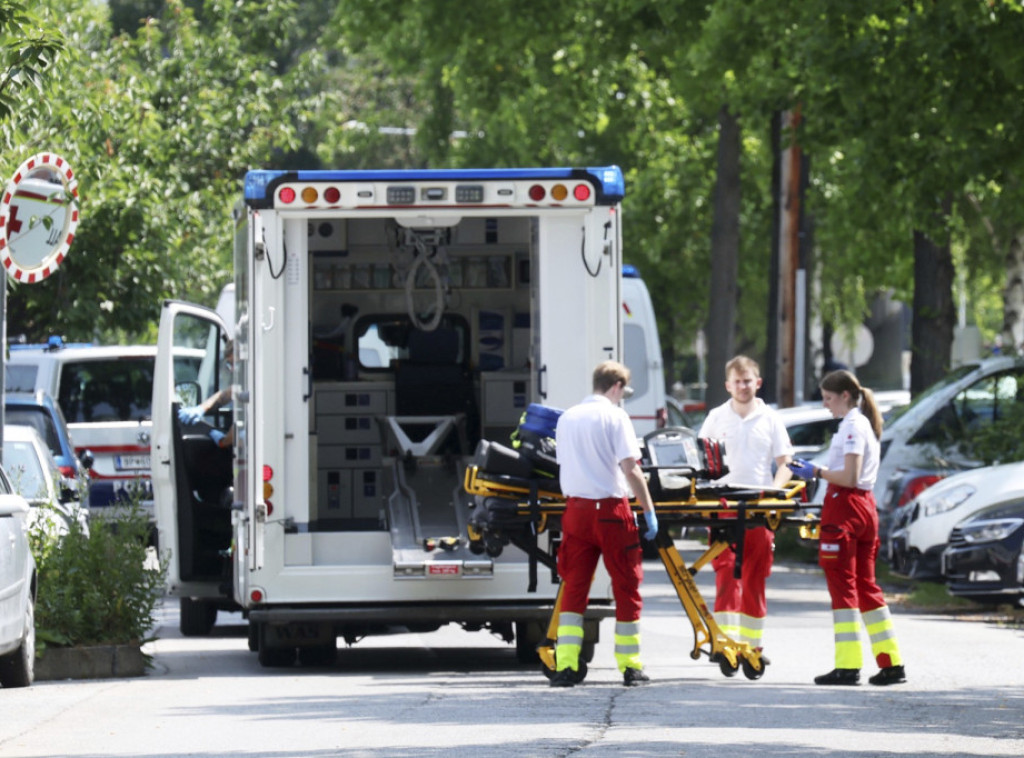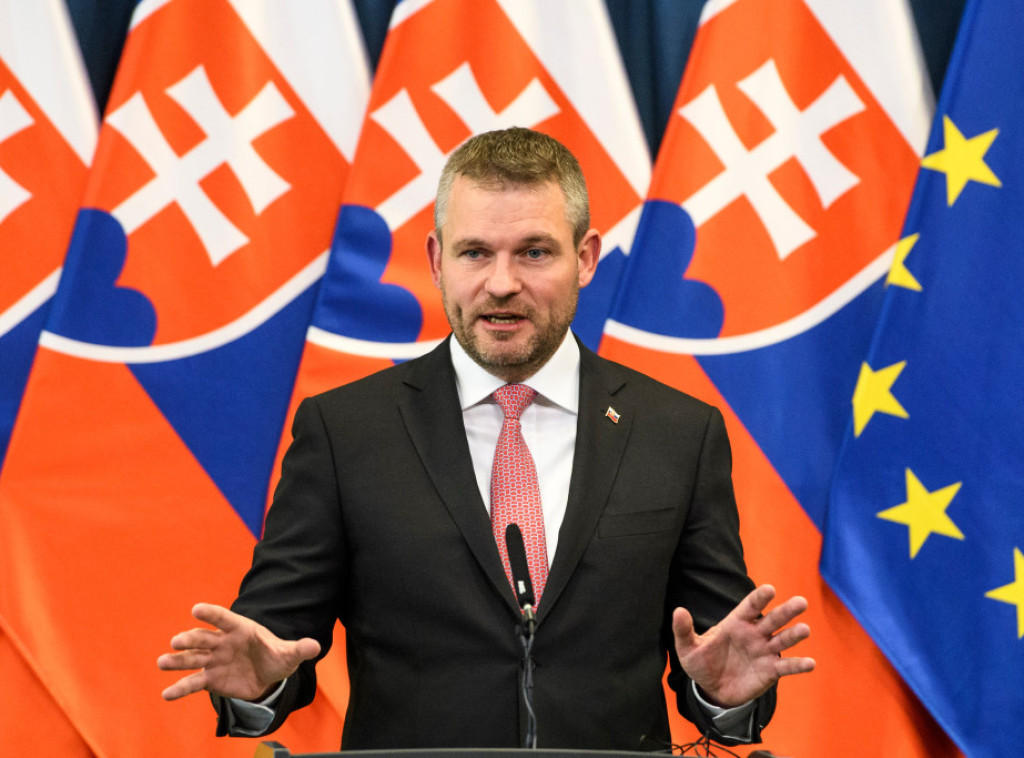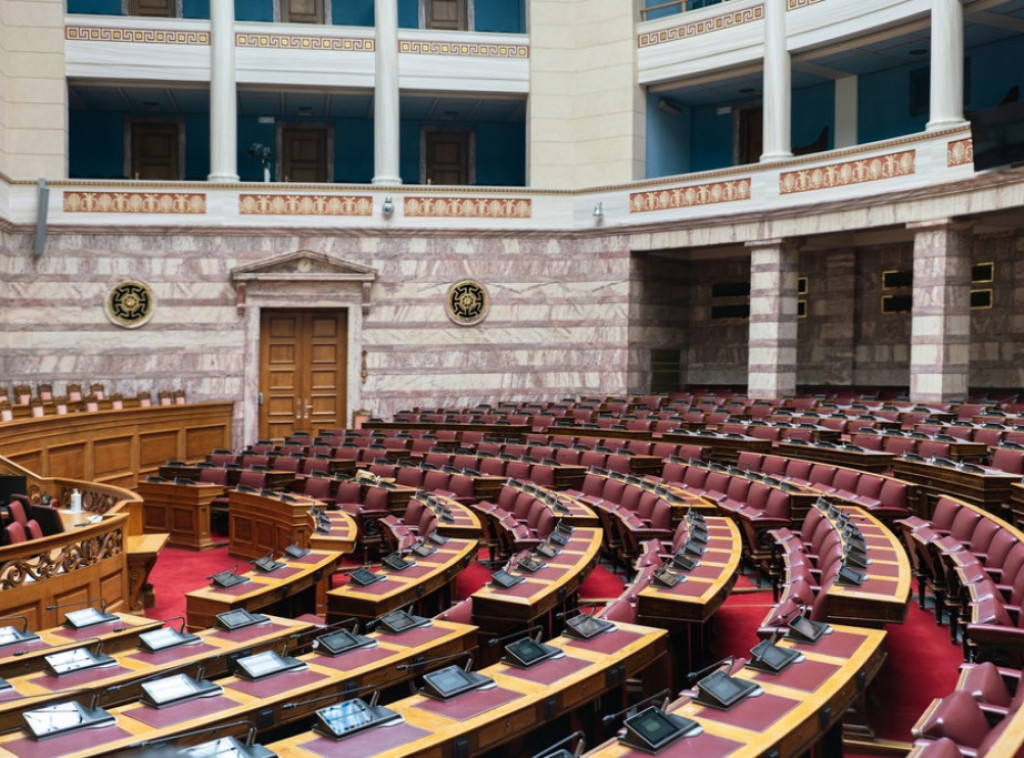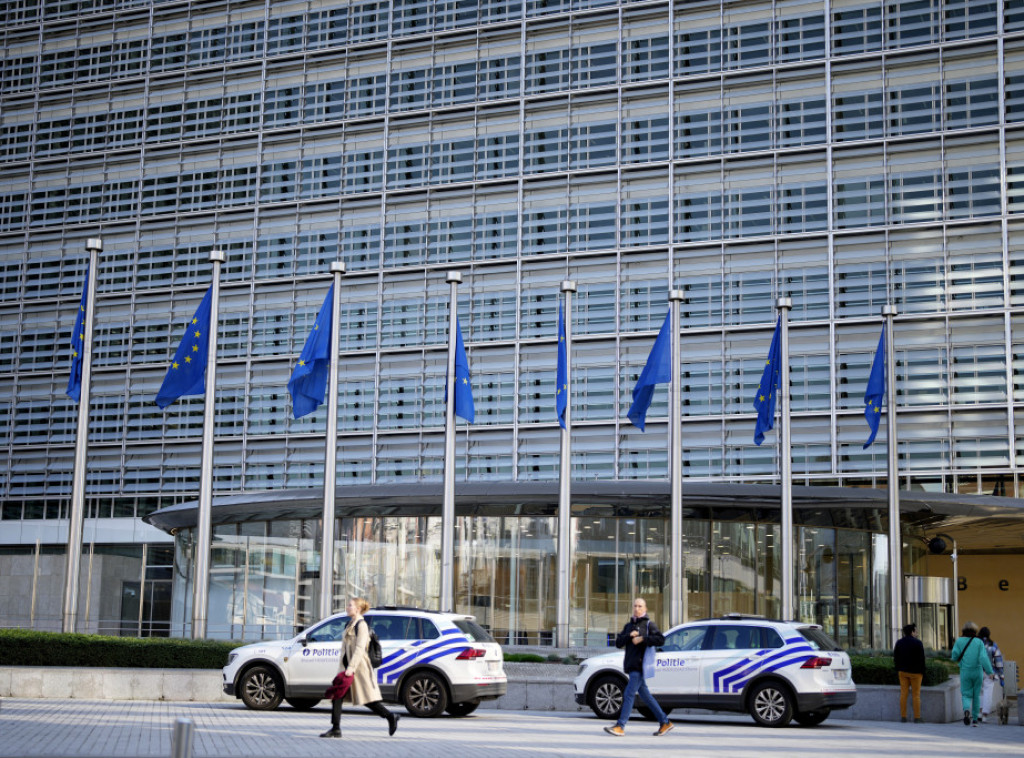Minister of Foreign Affairs Marko Đurić welcomed the agreement reached between Prime Minister Đuro Macut and the Rector of the University of Belgrade Vladan Đokić on securing financial conditions for the smooth functioning of higher education institutions in Serbia and the realization of their regular activities. This agreement represents an important step towards stabilizing and establishing the regular operation of faculties, enabling the enrollment of a new generation of students. The Serbian government has demonstrated commitment to constructive dialogue and easing societal tensions. Additionally, the agreement plans the entrance exam for freshmen in the last week of July, with the government undertaking all necessary activities for organizing and implementing this process. Both parties emphasized the constructive atmosphere of the talks and the shared goal of preserving the integrity and credibility of the University of Belgrade.
Political Perspectives:
Left: Left-leaning outlets emphasize the importance of the government’s role in ensuring accessible and stable higher education, highlighting the constructive dialogue and cooperation between government officials and university leadership as a positive example of social responsibility and investment in youth and education.
Center: Center-leaning sources report the facts of the agreement straightforwardly, focusing on the practical outcomes such as the financial support for universities, the scheduling of entrance exams, and the stabilization of academic activities, presenting the government’s actions as necessary steps to maintain educational standards and institutional integrity.
Right: Right-leaning media stress the government’s decisive role in resolving tensions and stabilizing the education sector, portraying the agreement as a demonstration of strong leadership and commitment to national development, while also emphasizing the importance of maintaining order and discipline within academic institutions.
